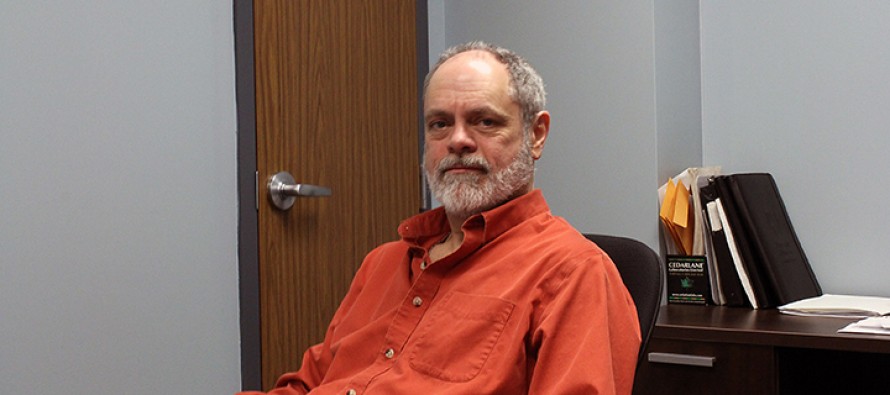Next-generation DNA testing research gets big boost

By Danielle Gagnier
The University of Windsor’s DNA water testing research project received a $500,000 grant to fund their research.
With the grant coming from the National Science and Engineering Research Council of Canada, the money was given to the university to fund their next-generation DNA sequencing research project over the next three years.
A team consisting of members of the university, collaborators from Environment Canada as well as a team of UWindsor grad students are currently researching the contamination of local beaches. They hope to develop a new way of testing the water’s bacteria levels and to make it more accurate and efficient.
In total, there are seven beaches in Ontario that are being tested, including Holiday Beach, St. Clair Beach, and Seacliff Beach.
The standard way of testing the water for contamination is a coliform test which assesses the level of E-coli in the water associated with fecal matter and sewage contamination. According to the research team, this process is sometime unreliable and timely. The new testing that is being developed now will sequence the genes of every bacteria so every species of bacteria present can be identified.
Professor Daniel Heath is the director of the Great Lakes Institute of Environment Research and is the lead researcher of the project.
“Our research will look at the benefits and costs of using this approach,” said Heath. “If research shows it’s a lot better and if it’s not too expensive then the health units will probably switch tests pretty quickly.”
The current method of testing the beaches could take up to three days to process, resulting in inaccurate data collection. According to Rajesh Seth, a professor at UWindsor in the department of Civil and Environmental Engineering, this could result in beaches being closed for no reason. Beaches could also be open when they should be closed due to extensive amounts of pathogenic bacteria. Seth is hoping that the new testing method will be better in all aspects.
“The test could be faster so the results can come out faster,” said Seth. “It can allow us to look for signatures to possibly determine where the organisms may have come from.”
Point sources are sources such as factories that can be located and taken care of, while non-point sources are sources that come from nature. The new testing method could pinpoint these sources and find a solution as to how to deal with the contamination they create in the water.
The research team holds many different levels of expertise, including Professor Chris Weisener, who will be analyzing the impact of climate change in comparison to the contamination of the water.
“We’re going to be looking at the impact of storm events on these beaches and if there is a common linkage to that sediment disturbance and the establishment of pathogenic bacteria,” said Weisener. “It’s going to be interesting to see the impact on the disturbance on bacterial communities and pathogens due to climate change.”
The researchers say their main goal of the project is to identify threats in a more rapid manner and to locate species of bacteria that may pose as more of hazard to humans so citizens can have a more accurate idea of the contamination in their water. Part of the data collection for this project will rely on the collaboration with the public, using them as “citizen scientists.” This will allow more samples to be collected for the researchers so they can have a more accurate idea of the contamination levels.
“We developed a kit that we can take out and we would give it to the citizen scientists,” said Heath. “They’ll take the water, put it through a filter to catch all the bacteria and pour the filter into a tube and stick it into the freezer and then it’s preserved.”
If the research is successful, the team hopes to use this method frequently in approximately five years, two years after the project is completed.


